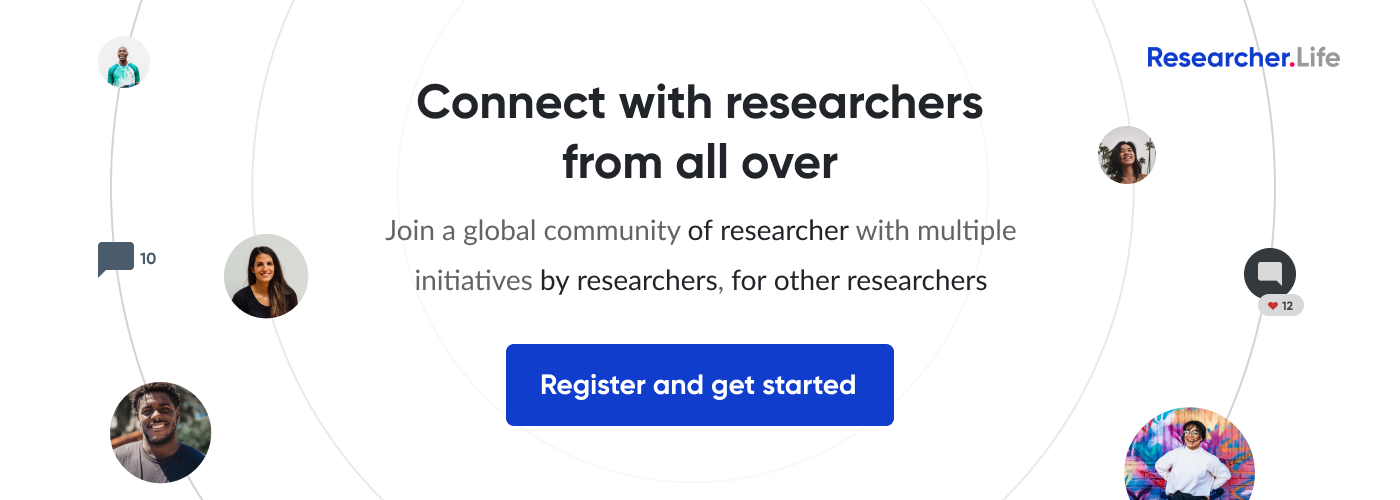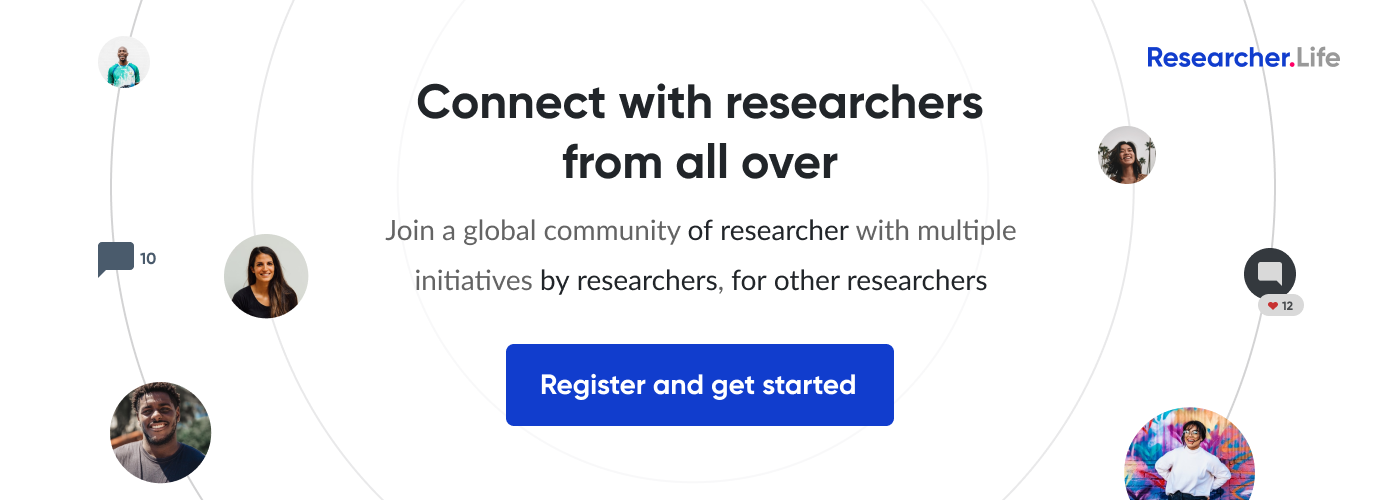Academic publishing and scholarly communications: Good reads, March 2018

March has been an eventful month for the scholarly publishing community. The news of Dr. Stephen Hawking's demise created ripples in the research world and academics took to social media to express their grief. In addition, several developments were discussed by the academic publishing community, such as how the irreproducibility issue may not be a crisis, open access could be the future of research and publishing, and how children visualize scientists. This month we bring you these discussions as well as some interesting posts on how researchers can advance their careers by creating a great CV and networking. The highlight of this month's curated reading recommendations is a post that talks about how scholarly publishing experts manage to stay updated with current happenings in the industry. Go on, then, and catch up on some great discussions!
1. Debate sparks yet again around the problem of irreproducibility: Dr. Daniele Fanelli's claim that the perception around "reproducibility crisis" is skewed and that the problem is overblown started a fierce debate among scientists around the world. Dr. Fanelli who is affiliated with the London School of Economics wrote an opinion piece in Proceedings of the National Academy of Sciences in which he highlighted that some recent studies on reproducibility contradict earlier findings that a majority of studies cannot be reproduced and that the issue is at a crisis level. "I argue that this crisis narrative is at least partially misguided," he says. He adds that reproducibility varies by fields, methodology, and the expertise of the researchers replicating the studies, and emphasizes the need to correct the belief that the reproducibility crisis is growing. However, some researchers disagreed with Dr. Fanelli's opinion. Christopher Chambers at Cardiff University feels that some fields, such as the social sciences and life sciences, still face the reproducibility challenge. Other researchers, such as Marcus Munafo at the University of Bristol, are of the opinion that while this issue need not be referred to as a "crisis," there is certainly a need to probe deeper and work towards ensuring that all published research is credible and reproducible.
2. Survey reveals that open access will be embraced more widely in coming years: Open access has been one of the most widely discussed topics in scholarly publishing. But what do people think about it today? Springer Nature recently released the results of a survey that reflects the opinions of 200 people involved in scholarly communications. According to the survey, open access will be the primary driver of many developments in scholarly publishing in the future. Also, research data sharing was identified as a key focus area. According to Carrie Calder, VP for Business Development and Policy, Open Research, at Springer Nature, “The findings echo conversations we have been having with others in the research community, where researchers see the benefits of open data but are struggling to share their data in ways that make the data easy to find and use by others.” One of the highlights of the survey responses is the opinion that the industry is gradually transitioning towards accepting open access.
3. Don't you want to know how scholarly publishing professionals stay updated? Every month, we tell you about what we read up about the scholarly publishing world to help you stay updated about recent discussions in publishing. Don't you wonder how scholarly publishing professionals, who lead busy lives, stay informed about what's happening around them? In this very interesting post, the chefs or contributors to The Scholarly Kitchen blog talk about their own preferences for catching up with the recent developments in the dynamic field of scholarly publishing. Have a look at the post; you might get some tips for your own reading, too!
4. Nudge your academic CV to the top of the pile: Through the tedious course of earning a Ph.D, you have probably managed to expand and polish a specific skill-set. So as long as you are able to identify and showcase these skills on your CV, it should be relatively easy to bank that job you have had your eye on, right? An article in Science says that this might not be enough; mostly because "everyone who earns a Ph.D. also develops those skills along the way." This means that your CV must have special add-ons if you intend to draw a recruiter's attention away from the other hundreds of CVs he/she's been through. To help you "separate yourself from the crowd," this article lists 10 low-effort, low-investment things that will help you juice up your CV. Some of these include getting involved in your graduate program’s admission committee, being proactive in your student or postdoc association, and bolstering relevant technical skills, amongst others.
5. Play to your strengths as a researcher and learn to market yourself: "Even the best technology does not ‘sell’ itself" says Peter Fiske, director at the Lawrence Berkeley National Laboratory in California, in an insightful article published in Nature. Fiske, who has worked extensively in both academia and private sector, strongly believes that researchers should learn to market themselves if they want to advance their career, which can include winning grants, building a reputation, or getting a job. He says that in the early phase of their career, researchers often wait for opportunities to present themselves such as job opening notifications or funder announcements for proposals. This often puts them on the backfoot. Researchers, Fiske says, should proactively conduct a "market analysis" by contacting funders to find out their requirements or study their past requests for proposals to be better prepared. He also recommends that researchers expand their network by being active on social media and platforms such as ResearchGate or LinkedIn. Building relationships can help them get advance notifications about job openings and get noticed by people working in the field they are interested in. Researchers need to play to their strengths and actively work towards marketing themselves, even though this may be time-consuming, he says.
6. Draw a scientist: In the last few decades, discussions about gender parity in science have picked up. Scientists have been carrying out a series of studies where they asked children across different age groups to draw a scientist. Over the years, these studies have revealed that more and more children are portraying scientists as women. Sharing details about these studies, this post reveals that “on average, 55 percent of girls and 95 percent of boys drew scientists as male in surveys since the 1980s. That's progress compared with the 0.6 percent (all girls) who depicted a female scientist between 1966 and 1977.” What doesn’t seem to have changed much is that children develop and assimilate stereotypes with age: “At age 6, girls in the more recent studies drew female scientists about 70 percent of the time. By age 16, 75 percent drew male scientists.”
What did you read in March? Do you have an update you'd like to share with our readers? Please share your recommendations in the comments section below.
If you like these recommendations, you might also like the following sections:
- Scholarly Communications Good Reads -- Monthly lists of curated posts from the world of journal publishing
- Industry News -- Covers latest stories in the journal publishing industry
Published on: Mar 29, 2018
Comments
You're looking to give wings to your academic career and publication journey. We like that!
Why don't we give you complete access! Create a free account and get unlimited access to all resources & a vibrant researcher community.













